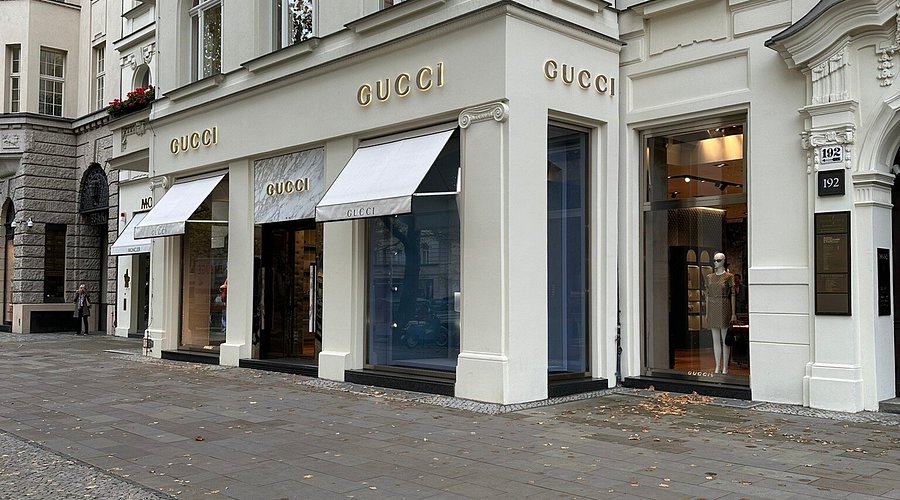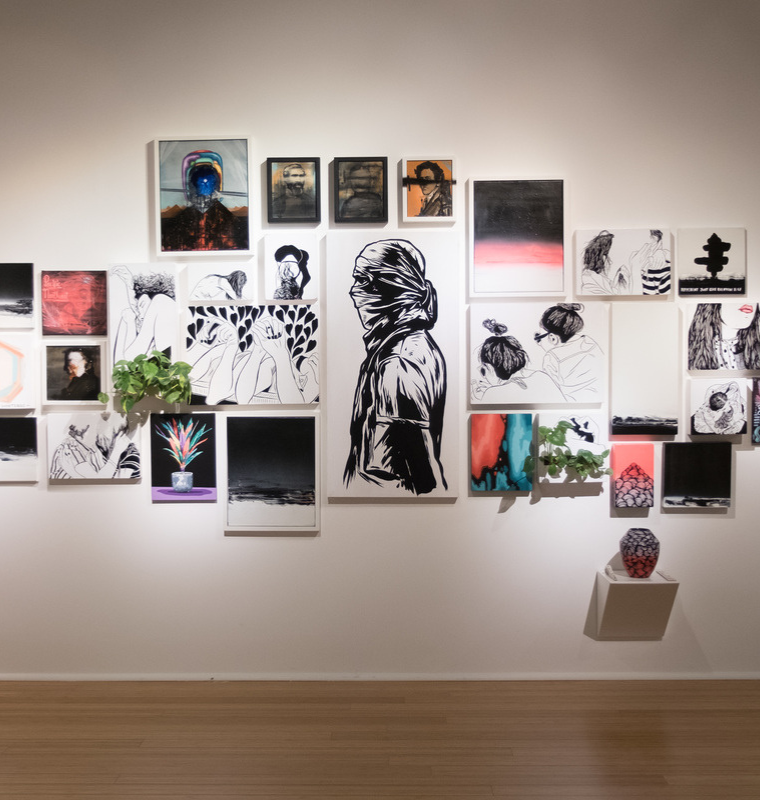The New Patronage illustrates why modern magnates are financing ideas instead of building empires.
By
Sophie Moore
Last updated:
October 9, 2025
First Published:
October 9, 2025

Photo: Public Books
A New Age of Influence
A quiet evolution is reshaping how the world’s richest individuals leave their mark. Gone are the days when wealth was measured by physical dominance — skyscrapers, conglomerates, or dynasties. Today’s elite are investing in something far more elusive: ideas. This shift marks the birth of the new patronage, a modern form of influence where intellectual ownership, innovation, and purpose-driven funding define status more powerfully than traditional empire-building ever could.
From Concrete to Concept
In earlier centuries, tycoons built railroads, oil fields, and industries that visibly changed landscapes. Now, billionaires are constructing intangible legacies — platforms that reshape culture, technologies that alter behavior, and concepts that reimagine human potential. The modern magnate’s empire is not made of brick or steel but of thought, code, and creativity. Their wealth flows not into monuments, but into movements.
Ideas as Investments
Ideas have become the new asset class of the elite. Venture capital, think tanks, and research labs are today’s equivalents of royal courts. Instead of commissioning artists or architects, the new patrons fund scientists, storytellers, and philosophers who can expand the boundaries of understanding. Each investment is a seed of influence, designed to alter the future narrative rather than merely profit from it.
The Rise of Purpose-Driven Capital
This change is not purely intellectual — it is emotional. Wealth accumulation without meaning has lost its luster. The new rich crave depth, not display. They are drawn to ideas that challenge the status quo and reflect their personal philosophies. Startups in sustainability, longevity, artificial intelligence ethics, and social innovation have become the modern equivalents of art collections — symbols of taste and intention.
The Return of the Thinker’s Circle
Across the globe, private salons and discreet gatherings are reviving the spirit of Renaissance patronage. Within these intimate circles, the ultra-wealthy exchange not commodities, but concepts. Economists, artists, and technologists debate the shape of tomorrow under candlelight or across encrypted calls. Influence is no longer gained through acquisition, but through participation in the evolution of ideas themselves.
Philanthropy Reimagined
Traditional philanthropy once meant writing cheques to visible causes. Today, it means architecting systems that solve root problems rather than symptoms. The new patrons fund experiments in universal education, ethical AI governance, and social resilience. They measure success not by public recognition but by the quiet ripple of change that begins with a single funded thought.
Technology as a Modern Canvas
For this class of thinkers and investors, technology has become the new art form. Algorithms, design, and data are mediums of expression. The way they fund and curate these innovations mirrors the old art of patronage, where power was defined by one’s ability to support brilliance. Modern patrons do not own creativity — they enable it. Their influence lies in the freedom they grant to others to imagine boldly.
The Aesthetic of Intention
There is a new aesthetic emerging among the rich — one of purpose and restraint. Flashy displays of opulence now feel outdated. Instead, power is communicated through vision. The ability to fund a concept before the world understands its value is the new definition of foresight. The future belongs not to those who consume culture but to those who quietly shape it.
Legacy Beyond Ownership
The most striking quality of the new patronage is its detachment from permanence. These magnates understand that ideas outlast structures. They are investing in education, climate science, and digital ethics not to control outcomes, but to contribute to collective progress. Legacy, for them, is no longer about being remembered — it is about being relevant to the unfolding story of humanity.
The Quiet Architects of Tomorrow
The new patrons stand at the intersection of intellect and influence. They are not the loud rulers of old empires but the quiet architects of future worlds. By financing ideas instead of empires, they are crafting a new kind of immortality — one built on impact, not infrastructure. Their wealth no longer buys them visibility, but permanence in the evolution of thought itself.
Subscribe to unlock premium content
Sed at tellus, pharetra lacus, aenean risus non nisl ultricies commodo diam aliquet arcu enim eu leo porttitor habitasse adipiscing porttitor varius ultricies facilisis viverra lacus neque.
A comprehensive guide on Agile development

10 Productivity tools that are worth checking out

Top 7 Must have management tools for productivity

A comprehensive guide on Agile development

10 Productivity tools that are worth checking out

A comprehensive guide on Agile development









